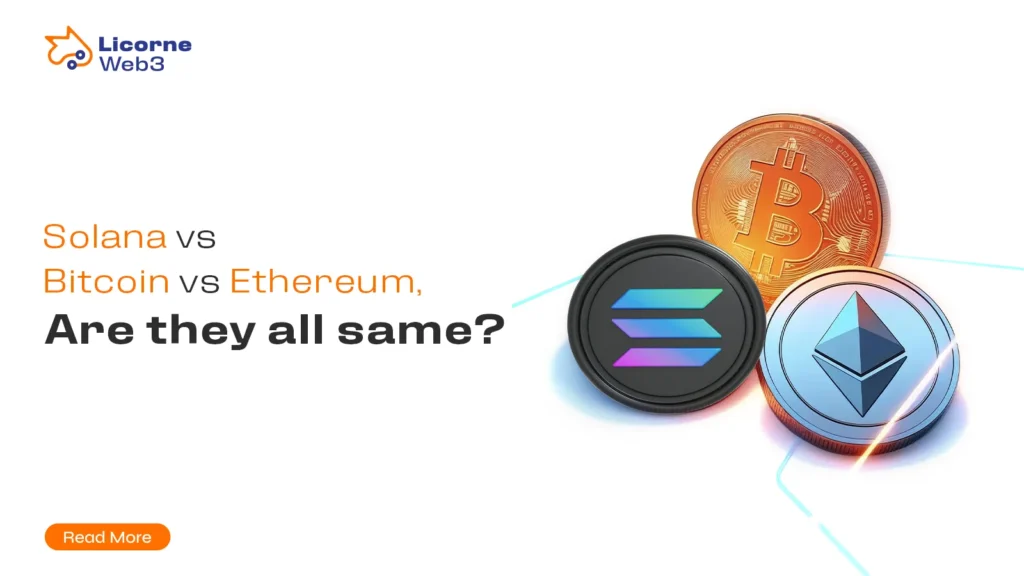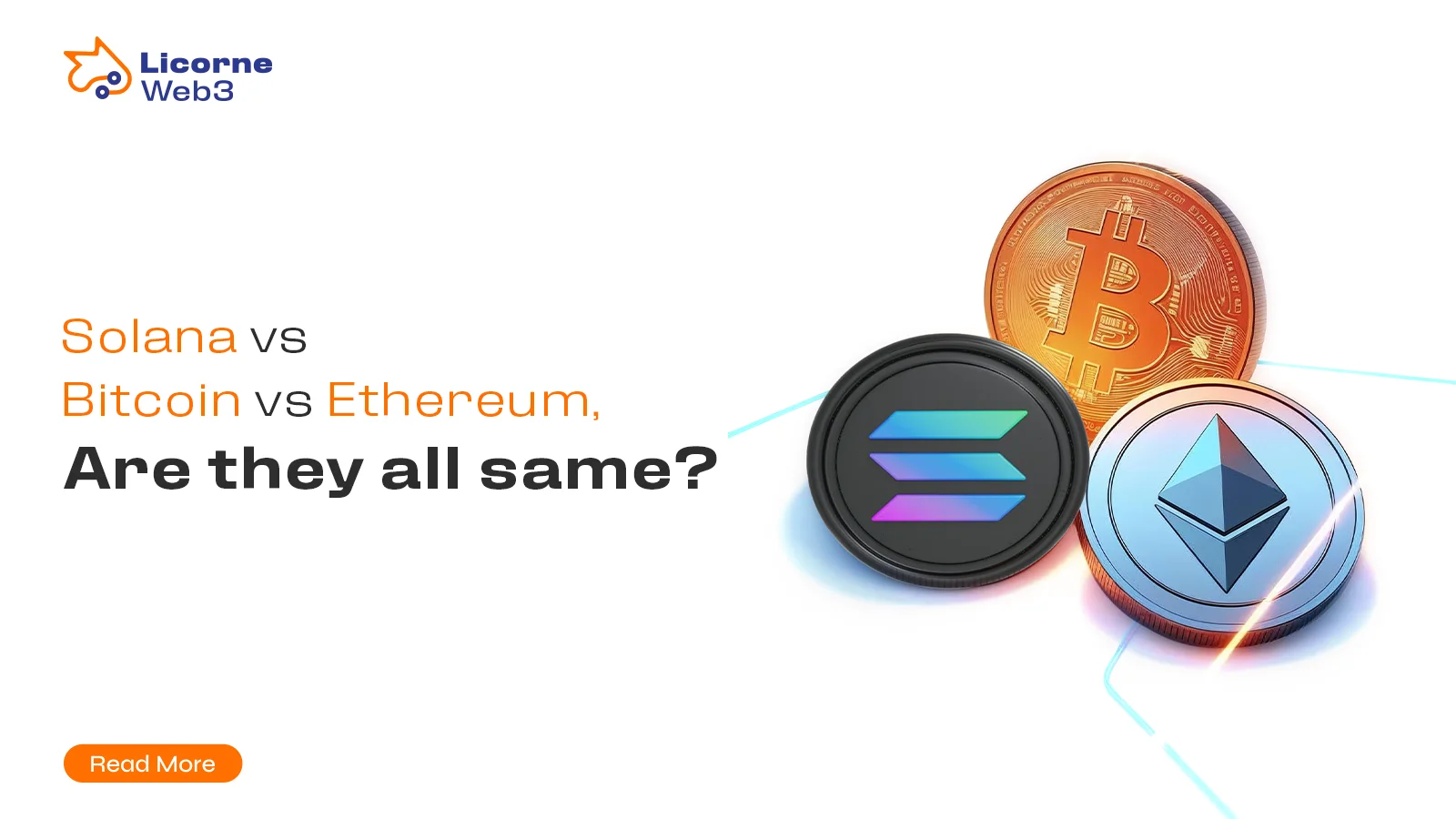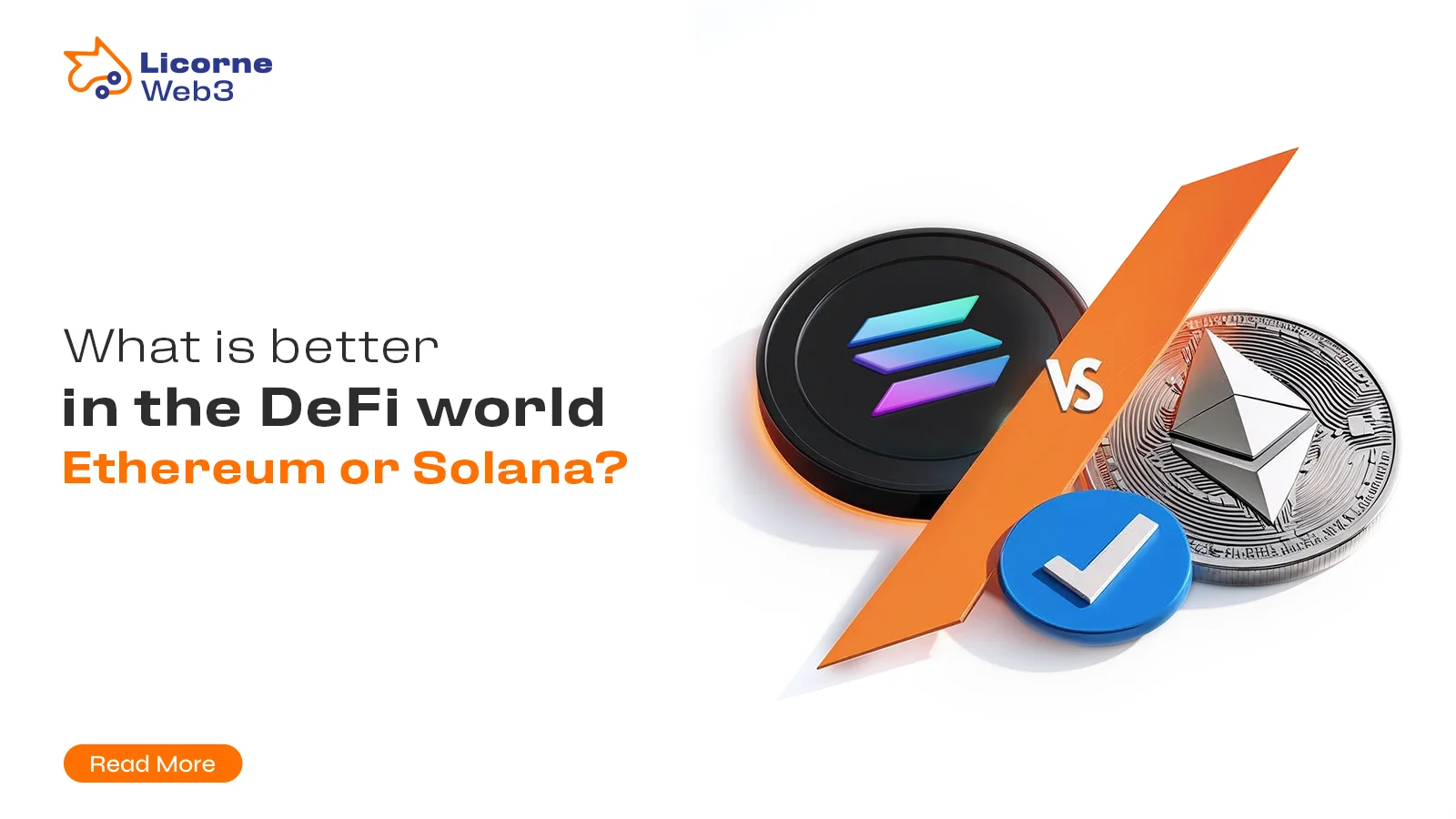The U.S. Securities and Exchange Commission (SEC) has now, officially withdrawn its notice of appeal against Ripple Labs, thus concluding this long 4-year legal battle over the issue of whether XRP, the cryptocurrency associated with Ripple, should be considered as an unregistered security. Ripple’s CEO, Brad Garlinghouse, announced the development on March 19, 2025. This momentous decision is a huge win for Ripple, but even more for the entire cryptocurrency sector. It has simply retracted the idea that XRP is a type of security and, in doing so, also serves as an important precedent to consider for any future deliberation concerning crypto regulations.
The End of a Long-Running Lawsuit
Proceedings of the court started in December 2020 when the SEC filed a legal lawsuit against Ripple Labs, claiming they sold XRP without any necessary registration in an amount they estimated as the jaw-dropping sum of $1.3 billion. The SEC contended that XRP by U.S. securities law should be treated as a security that would introduce strict regulations on Ripple. Ripple on the other hand contended that XRP is a utility asset that promotes blockchain security trading and ease of cross-border payments.
A major turning point occurred in July 2023 when U.S. District Judge Analisa Torres ruled that XRP isn’t considered a security when sold to individual investors on public exchanges. However, she did classify sales to institutions as securities transactions. This partial victory challenged the SEC’s broad regulatory stance. The SEC initially planned a cross-appeal, prolonging legal uncertainty, but its decision to withdraw now signals a regulatory shift and could impact the entire industry.
A Resounding Victory for Ripple and the Crypto Space
The SEC’s end to the appeal is a big win for Ripple and the entire crypto community. This development allows Ripple to focus on expanding its business and solidifying its position in digital assets across Europe, where the regulations around crypto are better defined.
This case also highlights the need for legal clarity in the trading industry. Years of regulatory scrutiny have hindered market sentiment, forcing some crypto companies to relocate. The outcome of this long-running legal battle could lead to a more defined approach, distinguishing investment assets from currencies based on their use case.
The ruling further underscores the role of investor confidence in shaping market trends. With trading platforms now likely to relist XRP, trading volumes, and market volatility could increase as institutional investors re-enter the online trading landscape.
What’s Next for Ripple and XRP?
With the SEC lawsuit behind it, Ripple is positioned for growth. Its On-Demand Liquidity (ODL) solution, which leverages XRP for transparency in trading, is expected to see wider adoption. Additionally, the removal of regulatory barriers will support trading reality checks, attracting industry players looking for a more stable crypto capital environment.
For XRP, this victory is crucial. XRP price movements, previously hindered by investor losses and price instability, may now reflect broader implications of regulatory certainty. As trading pairs expand, future price movements will likely be driven by market adoption rather than legal concerns.
A Pivotal Moment for Crypto Regulation
The SEC’s withdrawal marks a turning point in the discussion around rules for crypto. By reaffirming that XRP is not a security in programmatic sales, the court ruling sets an important precedent. This could reshape government campaigns around crypto regulation, potentially influencing leadership in government and the approach of regulatory agencies like the SEC.
The legal team at Ripple has positioned this case as a sign of victory for fintech businesses seeking clear regulations. The ruling also pressures lawmakers to establish clearer guidelines rather than relying on legal terror through enforcement actions. The impact extends beyond Ripple, this is a victory for the entire industry, as it signals that crypto assets need tailored regulations rather than being forced into outdated frameworks rooted in a century of securities law.
As the world of cryptocurrency keeps changing, everyone involved industry players, policymakers, and regulators must work together. They need to find a way to foster innovation in the crypto space while also keeping an eye out for market manipulators who could cause problems. The Ripple case wasn’t just about wrapping up a lawsuit; it has set the stage for the future of trading and an open online trading summit.
This landmark decision is not just about Ripple, it’s a sign of innovation and a step toward a regulatory framework that supports investment decisions in a rapidly evolving financial news landscape. With real-time updates continuing to shape the sector, one thing is clear: The crypto market is entering a new era!
Author
-

I am a content writer with a passion for creating engaging content. I aim to simplify complex topics for readers through writing. With a keen interest in blockchain and crypto, I strive to foster understanding and empower readers to explore new ideas!
View all posts















